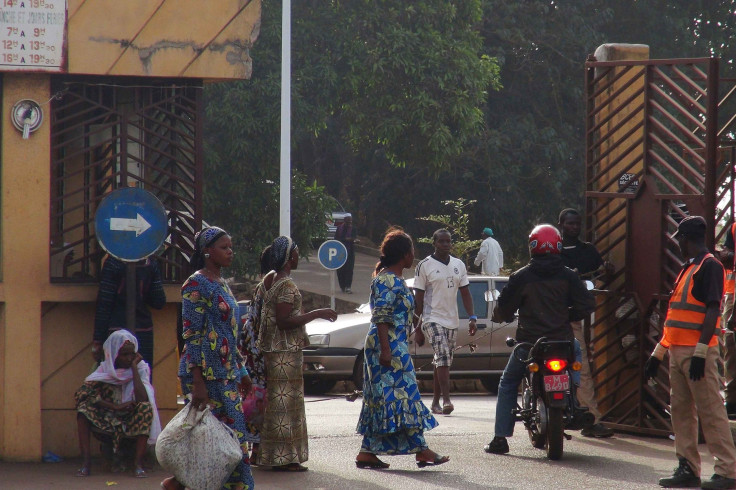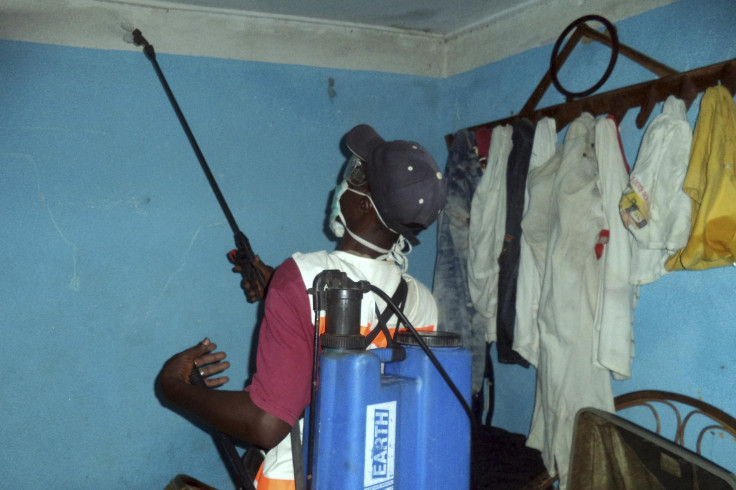Ebola Virus Spreading To Liberia, While Guinea Reports 78 Suspected Deaths From The Incurable Disease

On Monday, public health officials in Guinea, located in West Africa, reported their suspicions that the on-going Ebola haemorrhagic fever (EHF) outbreak may have killed 78 people. The World Health Organization confirmed the virus has spread to Liberia, where the Ministry of Health provided details on Sunday of suspected and confirmed cases, all adult patients from Foya district, Lofa County. Of these seven presumed cases, two clinical samples tested positive for the Ebola virus; one of those confirmed as infected with EHF has already died. (Another who tested positive but with similar symptoms has also died.)
Along with Guinea and Liberia, WHO has reported confirmed and suspected cases in Sierra Leone as well. Both cases in Sierra Leone died. All of the cases reported by Liberia and Sierra Leone had travelled to Guinea before becoming sick. Common symptoms for those infected with the disease, which has no cure, include sudden fever, intense weakness, muscle pain, headache, and sore throat. Usually, these symptoms are trailed by vomiting, diarrhea, rash, impaired kidney and liver function, and possibly, both internal and external bleeding. The incubation period — from first becoming infected to the beginning of symptoms — is anywhere from two to 21 days.
Foya remains the only district in Liberia that has reported confirmed or suspected cases of EHF. In Guinea, WHO estimates the case fatality rate at 62.5 percent. Originally, Guinea came forward on March 22, reporting to WHO 49 total cases including 29 deaths; at that time, the case fatality ratio was 59 percent. Health officials there estimate 112 suspected and confirmed cases total, with 10 new suspected cases reported in Conakry (four), Guékédou (four), Macenta (one) and Dabola (one) prefectures. Time magazine stated that nearly six weeks had passed before authorities identified the outbreak of EHF.
People are infectious as long as their blood and secretions contain the virus. In particular, men who have recovered from the disease can still transmit the virus through their semen for up to seven weeks after recovery from illness. Because the risk of infection for travellers is low, WHO does not recommend travel restrictions in West Africa; most human infections result from direct contact with the body fluids or secretions of infected patients, with health care workers placed at the highest risk. Public health officials believe the disease originated in the forests of southern Guinea, spreading soon enough to more populated areas of that country.

The Ministries of Health of Guinea, Sierra Leone, and Liberia are working with WHO and other response partners to implement a coordinated response to the outbreak, which includes alerting countries bordering Guinea about the outbreak and recommendations of heightened surveillance for illnesses with symptoms similar to a viral hemorrhagic fever. Time reported that Senegal closed its border with Guinea to prevent disease spread and will implement sanitary checks on flights between Guinea’s capital and Dakar.



























